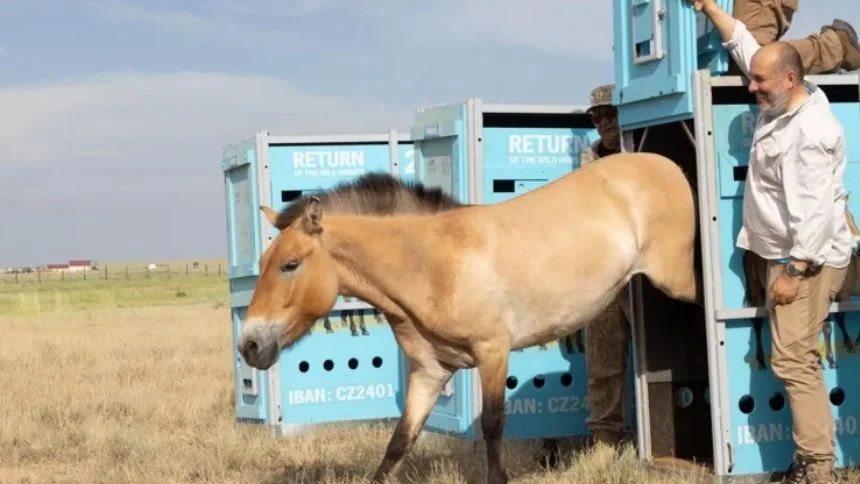Mosquitoes by the Millions Set Loose in Hawaii
Hawaii’s birds are seriously imperiled by avian malaria, which spreads, like the more familiar variety of the disease, by mosquitoes. The counterintuitive solution to this dire problem involves releasing millions of mosquitoes into the wild.
Each week a helicopter loaded with 250,000 modified mosquitoes takes off from the Maui airport and airdrops the little buggers over the island’s high-elevation forests. That’s where endangered Hawaiian honeycreepers, small colorful birds that live in precarity in the native forests, are falling ill.
The tweaked mosquitoes are all males, so they won’t bite anyone, avian or human. Nor will they reproduce, though they will compete with unaltered males, and their presence will suppress the overall population.
There were once 50 species of honeycreeper, but now we’re down to 17. These survivors all live above 4000 or 5000 feet in elevation, where the air is too cool for mosquitoes. The air, unfortunately, is getting warmer.
So now the state of Hawaii, the National Park Service, and nonprofits like the Maui Forest Bird Recovery Project are fighting fire with fire, as it were. Bringing in mosquitoes in order to kill mosquitoes is a technique now being used (or is at least under consideration) to quell malaria and dengue outbreaks elsewhere: Djibouti, Brazil, Florida.
Hawaii’s honeycreepers are precious, as they are found nowhere else on Earth and are vital to the local ecosystem. They pollinate native plants, eat insects, and help maintain the health of the forest. Desperate conservationists have been capturing birds for safe-keeping at the Maui Bird Conservation Center, where their precarious existence can be maintained. The mosquito project shows they’ve reached a new level of desperation.
“We are in an ongoing extinction crisis,” Chris Warren, forest bird program coordinator at Maui’s Haleakalā National Park, tells NPR. “The only thing more tragic than these things going extinct would be them going extinct and we didn't try to stop it.”
Photo credit: University of Hawaii







